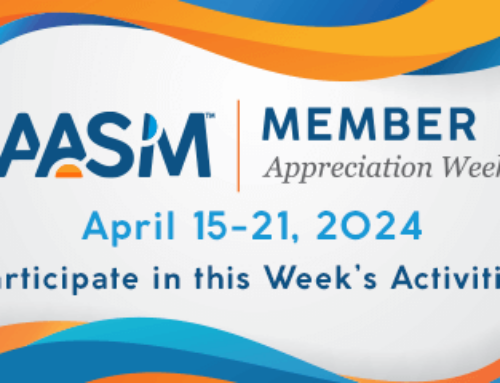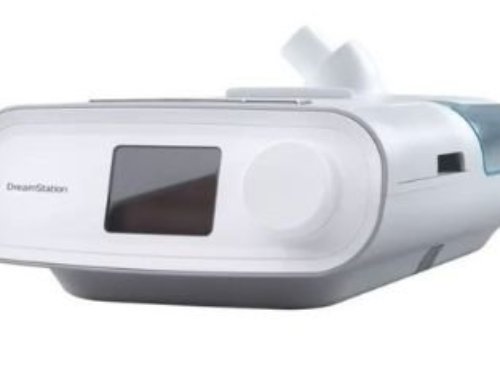The U.S. Department of Health and Human Services and the Centers for Medicare & Medicaid Services are requesting input from the public on how to address any undue regulatory impact and burden of the physician self-referral law (section 1877 of the Social Security Act), also known as the “Stark Law.” AASM members are encouraged to Take Action by submitting individual comments.
The request for information (RFI) was published in the Federal Register (CMS-1720-NC) on Monday, June 25, and there is a 60-day public comment period. Comments must be received no later than 5 p.m. on Aug. 24, 2018.
According to the announcement, a key priority for the U.S. Department of Health and Human Services (HHS) is the removal of unnecessary government obstacles to care coordination. CMS has identified some aspects of the physician self-referral law as a potential barrier to coordinated care, and CMS is aware of the effect that the law may have on those participating in integrated delivery models, alternative payment models, and arrangements to promote improvements in outcomes and reductions in cost.
“To achieve a truly value-based, patient-centered health care system, doctors and other providers need to work together with patients,” CMS Administrator Seema Verma wrote in a CMS blog post. “The Stark Law and regulations, in its current form, may hinder these types of arrangements.”
It is the position of the AASM that the Stark Law unnecessarily fragments sleep care by prohibiting sleep physicians from providing therapeutic durable medical equipment (DME) to Medicare patients for the treatment of obstructive sleep apnea (OSA). This was a key message presented by AASM leaders during recent meetings on Capitol Hill.
Instead of receiving positive airway pressure (PAP) equipment and personalized treatment support from their physician and medical team, Medicare patients must interact with an outside DME company, which may not provide the high quality, patient-centered care necessary to ensure successful treatment initiation and promote ongoing adherence. Therefore, the AASM is advocating for a Stark Law exception that will allow board-certified sleep medicine physicians to provide long-term care from diagnosis to ongoing therapy for Medicare patients with OSA.
The AASM will be submitting comments to CMS on behalf of sleep medicine physicians. CMS also needs to hear from individual sleep physicians. We encourage AASM members to submit individual comments describing how the Stark Law is an obstacle to care coordination for your patients who have OSA. Comments should address the specific questions posed in the RFI.
You can visit the Advocacy section of the AASM website to submit comments through the Take Action engagement tool. You also can submit comments through the federal regulations website.
To discuss the Stark Law or any other advocacy issues, contact the AASM at policy@aasm.org or (630) 737-9700.
Updated 6/25/18









